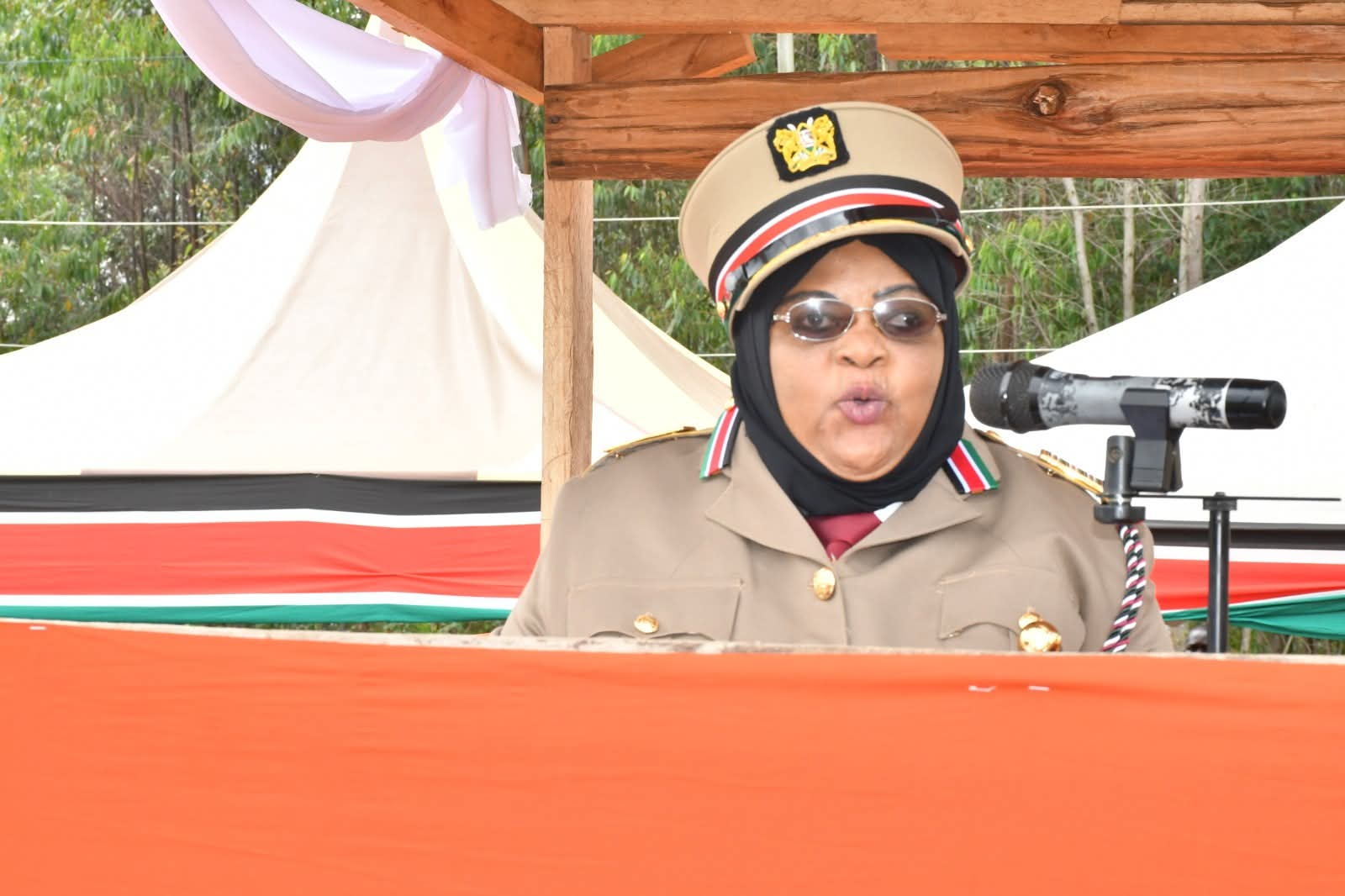The Kenya National Union of Teachers (KNUT) has raised alarm over the re-categorization of hardship areas by the Salaries and Remuneration Commission (SRC), warning that the move will negatively affect teachers’ welfare and morale in affected regions.
During yesterday’s Kilindini Branch AGM held in Kilifi, KNUT National Vice-Chairman Malel Lang’at and other union officials criticised the government’s decision to classify hardship zones as “extreme” and “moderate.”
They argued that this classification could unfairly deprive many teachers working in challenging environments of the allowances they have relied on for a long time.
The redefined categories, set to take effect in July, include Mandera, Garissa, Turkana, Wajir, Tana River, Marsabit, West Pokot, Isiolo, some parts of Baringo, and Lamu under the extreme hardship areas. Meanwhile, areas categorised as moderate include Narok West, South and Loita, Samburu, parts of Suba South and Suba North, as well as sections of Kitui, Makueni, Kajiado, Kilifi, Laikipia, Nyandarua, and Nyando and Nyakach in Kisumu County.
KNUT officials argued that teachers posted to these areas continue to work under risky and difficult conditions, and that revising their hardship benefits downward is both unfair and demoralising. They called on the government and SRC to revisit and correct the classifications before implementation.
“If this is the case, then the decision was not made in good faith. We want to tell the government that such a move is not only biased and skewed but also discriminatory and tantamount to prejudicing and infringing the constitutional fundamental rights of this country’s teachers,” said Langat.
KNUT officials raised alarm over the ongoing teacher shortage, despite acknowledging the government’s recruitment of 76,000 teachers over the past two years.
The union pointed out that the Teachers Service Commission (TSC) has itself admitted the country needs more than 110,000 additional teachers to meet the demands of the Free Education Programme. They urged the government to continue prioritising recruitment to ease the heavy teacher-pupil ratio in many public schools.
The union also contested the current placement of Junior Secondary (JS) school teachers under the Kenya Union of Post Primary Education Teachers (KUPPET), calling the move by TSC illegal and unjustified.
According to KNUT, JS teachers operate within primary schools and should, therefore, fall under KNUT’s representation. The union said it is engaging both the TSC and other relevant government agencies to resolve the matter.
READ ALSO:
More teachers set to lose hardship allowances in new Govt zoning plan
Another key concern raised was the delay in disbursing capitation funds. Heads of institutions are reportedly still waiting for the release of Ksh 21 billion as promised by Education Cabinet Secretary Julius Ogamba.
The union noted that many schools struggle to manage daily operations and pay suppliers, with some arrears dating back over three years. KNUT called on the National Treasury to prioritise the timely disbursement of capitation funds to ease the pressure on both primary and secondary school heads.
The union also expressed deep concern over rising insecurity in parts of the Coast, Rift Valley, and North Eastern regions. KNUT pointed out increased banditry that has disrupted learning and resulted in the loss of lives among teachers, students, and parents. They urged the government to take decisive action to restore safety in learning institutions.
As part of their ongoing Collective Bargaining Agreement (CBA) negotiations, KNUT presented a comprehensive memorandum of demands to the TSC. Among these is a 60 percent salary increment and a 30 percent increase in all other allowance components.
The union is also pushing for a range of non-monetary benefits, including compensation for working on public holidays, an extension of sick leave to 12 months with full or partial pay, increased maternity and paternity leave durations to 120 and 21 working days, respectively, and annual leave allowances equivalent to a month’s salary to be paid before teachers proceed on leave.
Other proposals include a 10 percent risk allowance for teachers handling Science and Technical subjects, a renewable three-year sabbatical leave with full pay, and 90 working days of political leave without pay for teachers vying for elective posts.
For those elected into office, KNUT suggests that teachers under 50 be granted unpaid leave for the period of their political service. At the same time, those aged 50 and above may opt for early retirement.
Lastly, the union called on the TSC to urgently address cases of teachers who have stagnated in the same job group for decades despite having clean records and good performance.
The union urged the Commission to prioritise the promotion of teachers aged between 50 and 59 to motivate them in the final stretch of their careers.
KNUT concluded by stressing the importance of urgent and genuine dialogue with education stakeholders to resolve these matters, which are central to teachers’ welfare and the broader success of the country’s education system.
By Joseph Mambili
You can also follow our social media pages on Twitter: Education News KE and Facebook: Education News Newspaper for timely updates.
>>> Click here to stay up-to-date with trending regional stories
>>> Click here to read more informed opinions on the country’s education landscape
>>> Click here to stay ahead with the latest national news.






